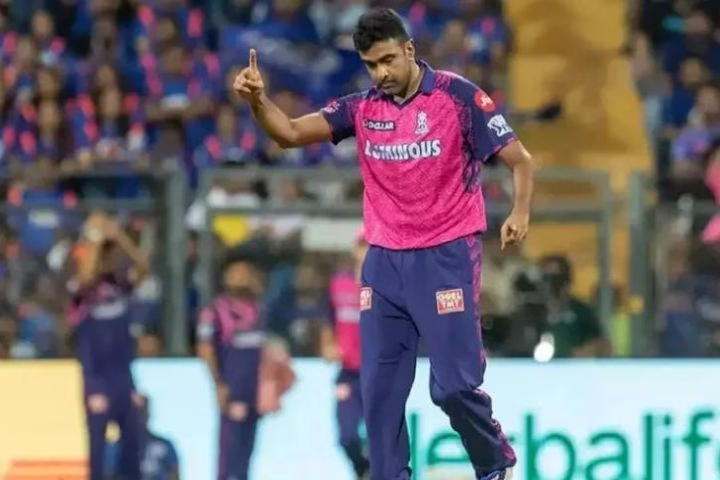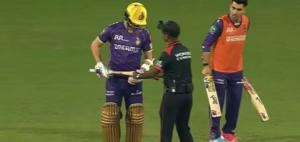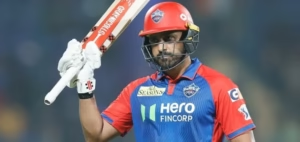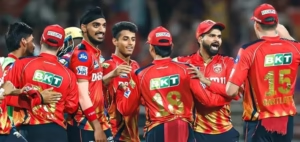“You give the option to the player” Ravichandran Ashwin Questions IPL’s RTM Rule, Advocates for Player’s Final Say
By Aayush Pathak 28 Aug 2024, 15:44 IST


The IPL 2025 is still far but the arrangements have been started since now. Before the new season unfolds, a mega auction is scheduled to happen. Before that, a lot of speculation is going over the retention process. In that position, Ravichandran Ashwin questioned the RTM rule. Ravichandran Ashwin believes the BCCI should modify the Right to Match rule in IPL auctions to benefit players more. He suggests changes could better support the players during the auction process.
The Thought Over the RTM Process for the Upcoming IPL:
The IPL 2025 season promises to be exciting, with a mega auction set to precede it. There is ongoing debate about the Right to Match (RTM) rule for the upcoming season. The BCCI has yet to finalize the number of retentions and RTM cards due to differing opinions among franchises in a recent meeting.
Teams like Kolkata Knight Riders and Sunrisers Hyderabad, which performed well last season, are pushing for more than three retentions. Meanwhile, the Punjab Kings prefer fewer retentions to maximize their spending power at the auction. The RTM rule allows teams to retain a player from the previous season by matching the highest bid.
Ravichandran Ashwin’s Take on This:
Veteran spinner Ravichandran Ashwin has questioned the Right to Match (RTM) rule ahead of the IPL mega auction. He argues that players should have the final say when a franchise uses the RTM card. Ashwin feels that if a franchise releases a player, it indicates the player is not among their top four or five choices.
Ashwin said, “If a franchise has released a player because they don’t see him in their top four or five, then what gives them the right to jump in during an auction.”
While suggesting a change, Ashwin said, “You give the option to the player asking if he wants to be right to match. There should be a contract binding the two parties, which says he can be RTMed only if the price is X amount and leave that pre-determined amount to be decided by the player.”
Stay updated with all the cricketing action, follow Cricadium on WhatsApp, Facebook, Twitter, Telegram, and Instagram
You might also like
Recommended to you














